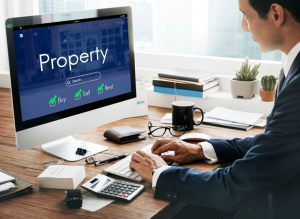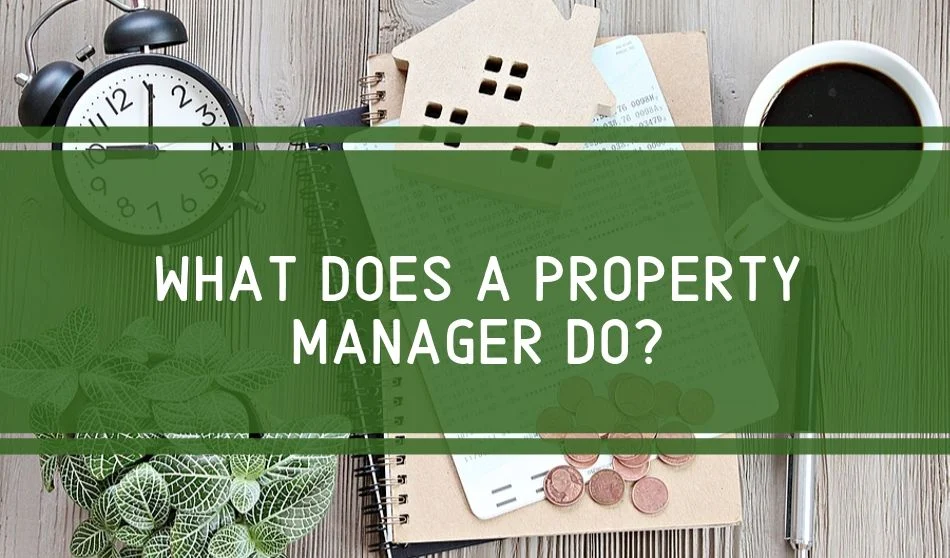NYC has a vibrant and challenging property management market. This year, the market shows high growth opportunities for the landlords. According to CRE Daily, the market will grow by 5.7% and reach a value of $1.6 trillion, reflecting a considerable ROI.
The NYC market offers you lucrative opportunities to invest, but at the same time, it requires you to constantly evaluate and maintain your property for a greater ROI. If the property is not maintained in good condition, it loses its worth and becomes a distressed property with a relatively low value.
Therefore, to enhance the value of your property and maximize its value, here is what you can do!
Effective Strategies for NYC Property Owners to Maximize ROI

Maximizing ROI is one of the key aspects of a sound financial investment. In property management as well a landlord must try his best to enhance the value of property. A good and well-structured property attracts high-paying tenants and ensures a regular flow of income for the landlords. There are many ways through which a landlord can maximize the ROI of property in NYC.
1. Property Maintenance
One of the most basic ways to enhance your property’s ROI is to maintain it. Maintenance includes looking for repairs, leakages, landscaping, cracks, and depreciated assets. It involves ensuring that every appliance is working properly, the property is habitable, and there is no damage to the property. Though it is quite a hectic task, you can take the help of a property manager to maintain your property.
2. Valuation of Property and Fixation of Rent
Valuation of property is a must. You must analyze the properties in nebighourhood, the rent they charged, maintenance cost, and other charges. It will help you value your property and fix an appropriate rent. If the rent is higher than what others are charging, it will be difficult to attract tenants, and if the rent is less than what it should be, it will lead to losses and lower income. So, property valuation and fixation of rent are essential to enhance ROI.
3. Optimize Space Utilization
To maximize the return on your property, you should optimize every square foot. In a residential apartment, you should make a modern kitchen, spacious living room, and modern bedroom that cater to the different needs of the tenants. Similarly, in commercial spaces, you should design office spaces, cafeterias, conference halls, meeting rooms, and manager cabins to attract high-potential tenants.
4. Hire a Property Management Firm
You can hire a property management firm and delegate them to the responsibility of maintenance, marketing, expense management, tenant screenings, and financial planning. It will increase your property value and save you valuable time that you can channel into other important tasks.
5. Leverage Technology for Smarter Building Management
Smart building management is a must in a competitive real estate market like NYC. The smart building includes IoT-enabled sensors, automated maintenance tools, and smart security system that provides excellent safety and security. Besides, by leveraging technology, landlords can reduce costs as it will allow them to identify issues before they become a significant expense.
6. Focus on Tenant Retention
Tenant retention can significantly help the landlord reduce costs such as marketing expenses, loss of rent income, and renovating the property for new tenants. The landlord must try to retain the tenant by offering incentives like lease renewals, rent abetment, upgradation of property, and flexible terms and conditions.
7. Analyzing Market Trends
You should constantly analyze market trends for a great impact on your ROI. It involves researching, highlighting potential investment opportunities, and making sound financial decisions. For example, buying a property when the market is slow and selling it when it is at its peak. This allows the landlord to effectively and efficiently maximizing returns.
8. Preventive Maintenance
Preventive maintenance is the most common strategy a landlord can use. It includes regular inspection of the property, checking for leakages or repairs, and taking immediate steps to resolve the issue. This technique ensures a greater lifespan of the property and reduces unexpected costs.
Leverage Your ROI: Hire a Property Management Expert Today!

A good ROI reflects profits, high-value property, and upcoming investment opportunities. To enhance the ROI, a landlord must maintain the property, optimize space utilization, incorporate the use of technology, retain tenants, and analyze the market constantly. It will help the landlord in reducing unnecessary costs, upgrading the value of property, and exploring future opportunities in the market.
Although these tasks require time, effort, hard work, and a good knowledge of the market for success, you can hire a property management firm to simplify this task. You can partner with Citadel Property Management Corp., a NYC-based firm that will guide you to your next step to successful investment.
Frequently Asked Questions
1. Why is it important for the landlord to maintain their property?
It is important for the landlord to maintain their property to enhance its value, attract potential tenants, and market the property on a large scale.
2. What factor should a landlord consider to enhance their ROI?
The most important factor that the landlord should consider is that researching and analyzing the market is a must to enhance their ROI.
3. What is the average value of a home in NYC in 2025?
The average value of a home in NYC in 2025 is $763,861.
4. Which is the most expensive neighborhood in NYC in 2025 to invest in?
Hudson Yards is the most expensive neighborhood in NYC in 2025 to invest in, with a median sales price of $7,126,000.













